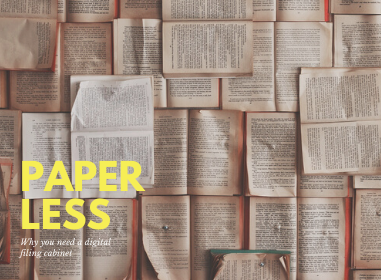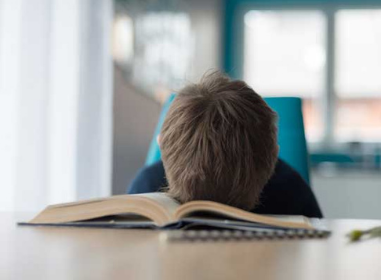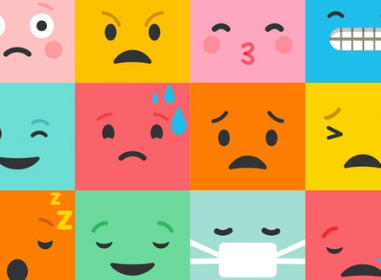Have you ever wondered what the real cost of your education is? Not the monetary cost, but the far more important environmental cost? Let me tell you, it’s far greater than you imagined. One metric ton of white office paper requires 27 trees to be cut down. The world uses more than 300 million tons of paper every year. Millions of trees are cut down each year to make supplies for our schools. Ironically, some of that paper is used to teach about climate change and our carbon footprint. How can we promise a bright future to our kids if we do not participate in building one?
The purpose of education is to not only equip our children with necessary skills but also create awareness about our world. Any effort to create awareness about climate change is useless if schools themselves refuse to take action. We must practice what we preach. Otherwise, we are doing a massive disservice to our children by underplaying the significance of climate change and our role in it. We are actively shaping our environment every day, and because of that, we must make sure our actions are responsible and quick.
Some eye opening facts
The situation is particularly worsening in Pakistan. Pakistan is losing 29.361million cubic meters of forested areas per annum. These statistics are alarming because, at this rate, we will lose all forested areas within the next 15 years. The impact of this is devastating, to say the least. Not only will millions of rural areas have no source of energy, but millions of species will also be left without a habitat. Moreover, The Red List of Threatened Animals lists 37 species and 14 sub-species of internationally threatened or near- threatened mammals as occurring in Pakistan. Even though the major contributor of deforestation is households in need of fuel there is little that can be done in that situation. The government does not have enough funds nor the technology to lay down pipelines in northern areas thus, their population is forced to rely on wood. The only sector we can control is the industrial sector. The paper industry of Pakistan produces more than producing around 460,000 tons of paper and board annually. This is a significant amount of wood that is easily reducible with the right policies. As a signatory of the united nations framework convention on climate change, Pakistan is bound to implement measures to Reduce of Emissions from Forest Degradation (RED).
The Government
The government cannot implement these policies alone, they deserve help from the private sector. Schools are one of the major consumers of paper and as such, it is their responsibility to reduce paper consumption.
How schools can help?
So what responsible steps can a school take?
-
The first is setting paper quotas. By assigning each teacher a number of reams at the start of the year, schools can monitor and reduce their paper usage. This model has been successfully implemented in many schools in North America. Once teachers have a limited amount of paper they tend to be less wasteful and can carefully plan out exactly how much paper is absolutely necessary while cutting out the rest. They can reprint on the same paper or reuse the same paper for other purposes.
-
The second step is to promote recycling. Schools can purchase recycled instead of non-recycled paper and drastically reduce their impact on the environment. They can also encourage teachers to re-use the same sheet of paper for different usages. The teachers could, in turn, encourage the children to also reuse paper. A way to incentivize recycling is to promote scrap art within children. That way, supplies needed to decorate the class can come directly from the used paper of the class itself. This system helps create accountability between the different factions of the school and promotes greater engagement with the school recycling policy. The admin, teachers and students are all partners in the implementation of the policy. This guarantees a reduction in the amount of paper consumed by the school annually.
-
Third, and perhaps the most important is the digitization of learning. While using less paper is good short term policy, it is not a sustainable long term policy. To truly minimize our impact on the climate and teach children the importance of green living we must replace paper as a whole. Even though, Paper seems like a crucial component of the education system it is now easier than ever to replace it. With Applications such as SOOP, teachers can easily save paper. They can mark attendance, send assignments, announcements, share notes and quizzes online. There is no need for paper.
Going paperless is not only good for the environment, but it is also good for learning. Firstly, research shows that children learn quicker with visuals and interactive images than plain paper. Second, teachers are better able to track the students’ performance with the help of an application rather than manually track their progress. It is more convenient and accurate to use an app that shows the overall and individual learning trends of the class. Third, teachers can send homework and assignment reminders to students and parents which reduces the noncompletion of homework. Fourth, students are on leave or are homeschooled can also participate in class and remain updated with class proceedings because of online notes and assignment sharing. The presence of an online discussion forum where kids can post their questions also strengthens the teacher-student bond helps to reinforce content learned in the class.
Paperless policies have already been adopted by many state-of-the-art schools in Europe and North America. The trend will surely catch on in a few years. If schools wish to innovate and remain ahead of the game, their time is now. Digital learning can not only satisfy our moral responsibilities it can also boost learning. If schools want a better future, they have to take a stand. Today.


